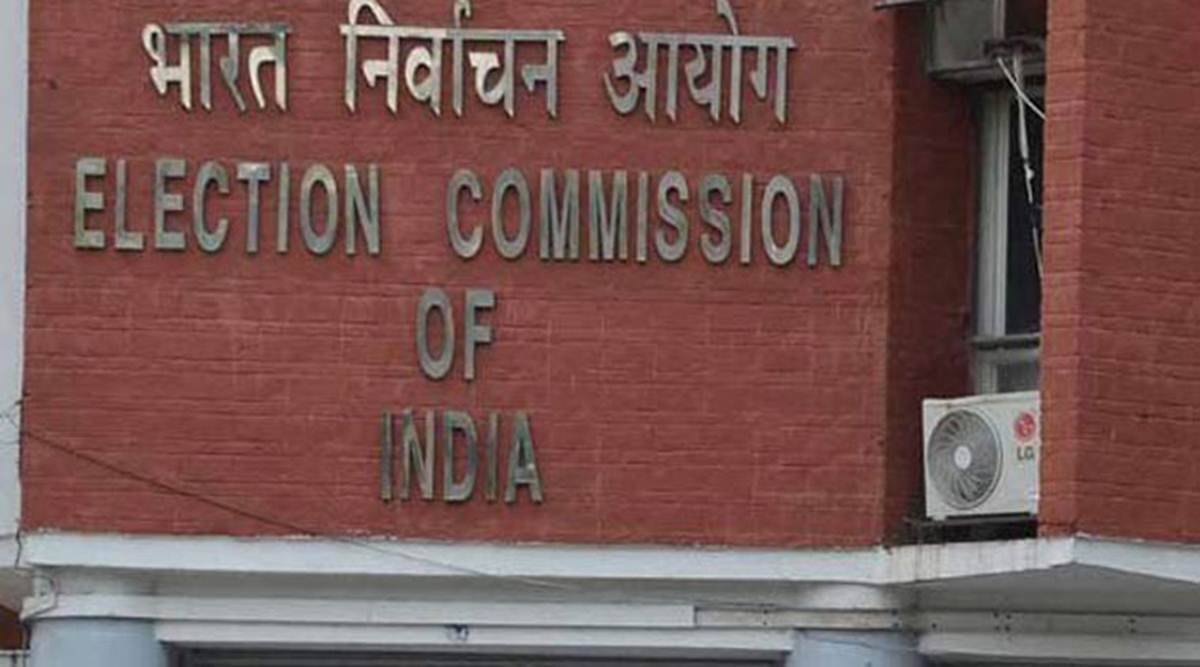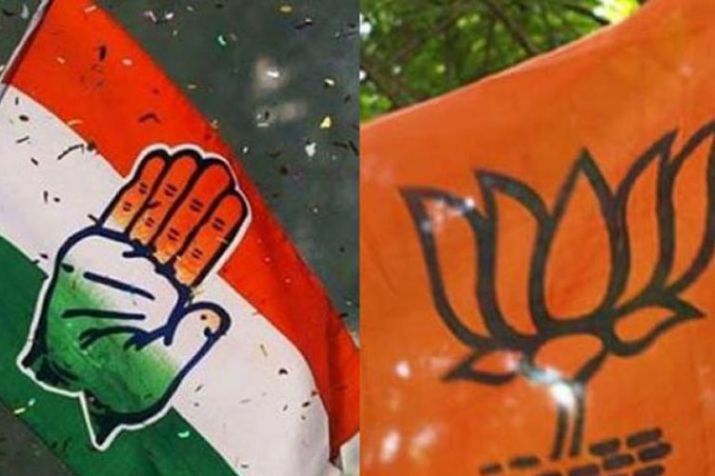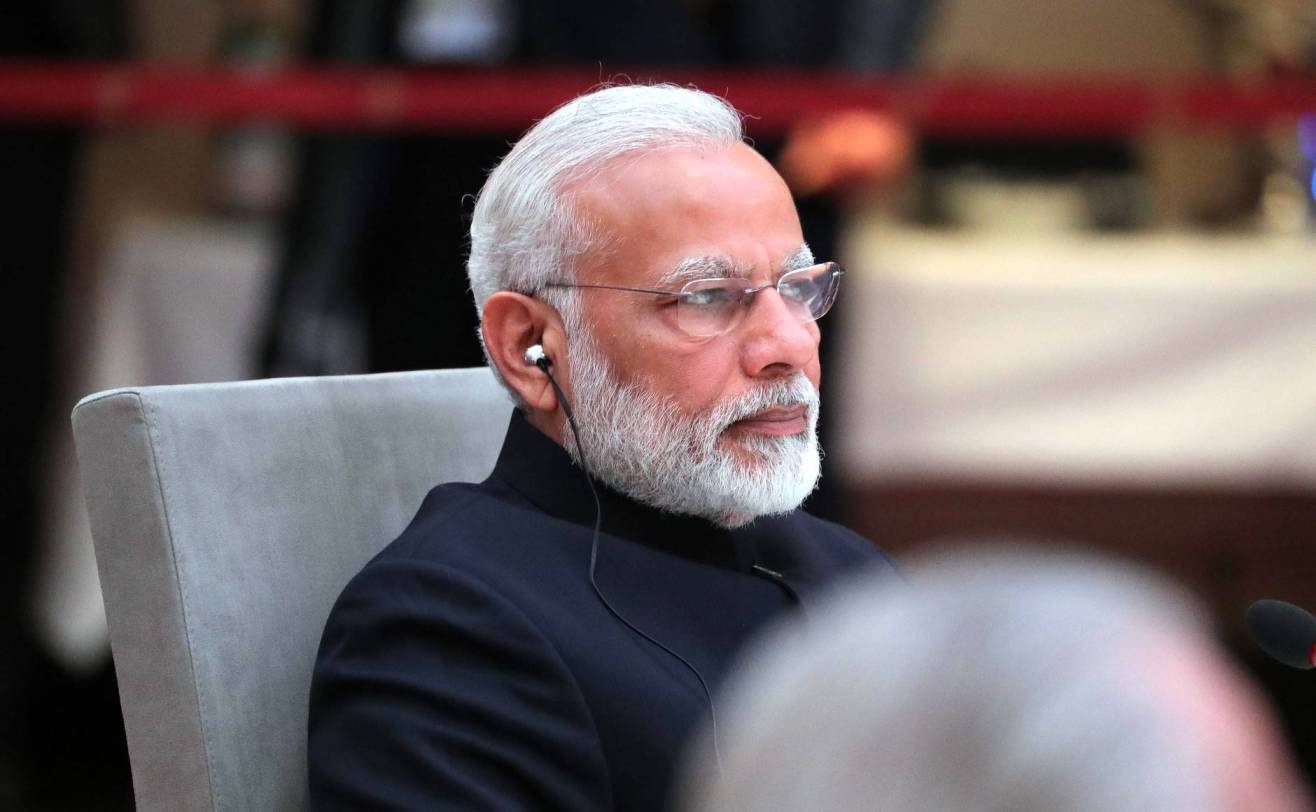The global order is undergoing profound changes from proxy wars in Ukraine and the Middle East to the anticipated realignments following the U.S. presidential elections. As regional powers such as India, Japan, France, and Germany assert themselves, a new multipolar world is emerging, challenging long-standing dynamics between major players like the United States, China, and Russia.
Russia-Ukraine War: A New Cold War in Europe
The ongoing war between Russia and Ukraine, sparked by Russia’s invasion in February 2022, has dramatically reshaped Europe's security landscape and revived Cold War-era tensions between Russia and the West. What initially began as a regional conflict has morphed into a broader struggle for influence, with the West, led by NATO and the European Union, supporting Ukraine through military aid, sanctions on Russia, and diplomatic pressure.
Russia’s aggression has prompted Western nations to reassess their defense strategies, reinvigorating NATO’s role in Europe and prompting nations like Sweden and Finland to seek NATO membership. This war has also strained energy markets, with European countries scrambling to replace Russian oil and gas, leading to energy diversification efforts that could have long-term implications for global energy trade.
Russia's determination to regain influence in its near abroad, despite facing severe economic sanctions, showcases the rise of a more assertive and isolated Russia. President Vladimir Putin has framed the war as a defensive action against NATO’s encroachment, pushing Russia deeper into strategic alliances with nations like China and Iran. This trilateral alliance is aimed at countering Western influence, not only in Europe but also in the Middle East and beyond.
The conflict has escalated into a proxy war, with the U.S. and European countries providing Ukraine with weapons and financial support, while Russia enjoys quiet backing from Iran, China, and other nations opposed to U.S. hegemony. This East-West confrontation echoes Cold War dynamics, intensifying global competition for influence in regions like Africa and Latin America.
Israel-Iran Proxy War: The Middle East in Turmoil
Simultaneously, in the Middle East, the long-running proxy war between Israel and Iran has taken a new turn, with Hezbollah’s leader Hassan Nasrallah recently killed in an Israeli airstrike in Beirut. This development underscores the intensity of the Israel-Iran rivalry, which is not confined to the borders of these two nations but extends across Lebanon, Syria, Iraq, and Yemen. Both Israel and Iran have been using proxy forces to assert dominance, with Hezbollah, Hamas, and the Houthis acting as extensions of Iranian influence, while Israel relies on covert operations, intelligence partnerships, and direct military intervention.
The Nasrallah killing further destabilizes an already volatile region. Hezbollah has been a key pillar of Iranian power projection, and its weakening could lead to a power vacuum in Lebanon, while also impacting Iranian leverage in Syria and Iraq. Israel, meanwhile, has been systematically targeting Iranian military infrastructure across Syria and Iraq, seeking to curtail Tehran's expansionism and prevent it from developing a nuclear arsenal.
The Israeli-Iranian proxy conflict has broader geopolitical ramifications, pulling in major powers like the U.S. and Russia. While the U.S. has been a staunch ally of Israel, offering military aid and political backing, Russia plays a balancing act in the region, supporting the Assad regime in Syria and maintaining ties with Iran, all while avoiding direct confrontation with Israel.
This regional power struggle is reshaping the broader Middle East, contributing to instability that affects global energy markets, migration patterns, and the security landscape. Moreover, it has become intertwined with the Russia-Ukraine conflict, as Iran provides drones to Russia for use against Ukraine, forging deeper ties between Tehran and Moscow.
The U.S. Presidential Elections: A Pivotal Moment
As the world grapples with these geopolitical crises, the upcoming U.S. presidential elections will be a critical moment in determining the future direction of American foreign policy. The U.S. is the single most influential global actor, and a change in leadership could bring about significant shifts in its approach to global conflicts.
Under the Biden administration, the U.S. has worked to restore alliances, recommit to NATO, and rally international support for Ukraine against Russian aggression. However, it has also been cautious in its direct involvement, avoiding a full-scale confrontation with Russia or committing U.S. troops to the conflict. Biden has maintained a balance between defending U.S. interests and avoiding unnecessary entanglement in new wars.
If a more isolationist candidate wins the presidency, such as former President Donald Trump or a Republican advocating for reduced international involvement, we may see a scaling back of U.S. commitments in Europe and the Middle East. A U.S. retreat could open the door for other powers, like China or Russia, to increase their influence. Conversely, a more aggressive approach, particularly in dealing with China or Iran, could intensify global conflicts and further polarize the world.
The U.S.-China relationship, which has become increasingly adversarial over issues like trade, Taiwan, and military presence in the Indo-Pacific, will also be shaped by the election's outcome. A more hawkish U.S. policy could accelerate the Cold War dynamic between these two superpowers, with global repercussions for trade, technology, and security alliances.
China and the New Cold War
China’s rise as a global power continues to challenge U.S. hegemony, and this competition is becoming the defining characteristic of international relations in the 21st century. The U.S. has implemented a strategy of containment, forming alliances through initiatives like the Quad (with India, Japan, and Australia) and AUKUS (with the UK and Australia) to counter China’s growing influence in the Indo-Pacific.
Beijing, in turn, is building its influence through the Belt and Road Initiative (BRI), expanding its presence in Africa, Central Asia, and Latin America, and investing heavily in military modernization. China's is forced to align with Russia on anti-west plank and its tacit support for Iran has also positioned it as a key player in the shifting alliances reshaping global politics.
This emerging cold war between the U.S. and China has far-reaching implications for global trade, technological innovation, and military strategy. Supply chain decoupling between the U.S. and China is already underway, as Western nations seek to reduce reliance on Chinese manufacturing. This could lead to a fragmentation of global markets, with separate spheres of economic influence emerging—one dominated by the U.S. and its allies, and the other by China and its partners.
The Role of Regional Powers: India, Japan, France, and Germany
In this new world order, regional powers like India, Japan, France, and Germany are asserting themselves more forcefully, shaping the geopolitical landscape in ways that could redefine global power dynamics.
India, with its growing economy and strategic position in South Asia, is rapidly emerging as a key player in both the Indo-Pacific and global politics. As a leader of the Global South, India seeks to balance its relationships with both the West and Russia while expanding its influence through multilateral organizations like BRICS and the G20.
Japan, another Indo-Pacific power, is bolstering its military capabilities, reinterpreting its pacifist constitution, and deepening alliances with the U.S. and India to counter China's growing assertiveness in the region.
France and Germany, as the leading powers in Europe, are playing crucial roles in shaping the EU’s response to global challenges. France, with its global military presence, and Germany, with its economic strength, are working to enhance Europe’s strategic autonomy, especially in the face of reduced U.S. engagement in global affairs.
The world is at a critical juncture. Proxy wars in Ukraine and the Middle East, the U.S.-China rivalry, and the rise of regional powers are reshaping the global order. The outcome of the U.S. presidential election will play a pivotal role in determining whether the U.S. continues to lead or retreat from the global stage. Meanwhile, the assertiveness of regional powers like India, Japan, France, and Germany suggests a shift toward a more multipolar world, where the balance of power is more diffuse and complex.
As these dynamic trends unfold, the international community must navigate an increasingly fragmented and unpredictable geopolitical landscape, where alliances are shifting, and the stakes are higher than ever. The future world order will likely be characterized by regional power blocs, ongoing proxy conflicts, and a renewed emphasis on strategic competition between the world's major powers.
Prashant Tewari, Editor-in –Chief








 OpinionExpress.In
OpinionExpress.In















Comments (0)